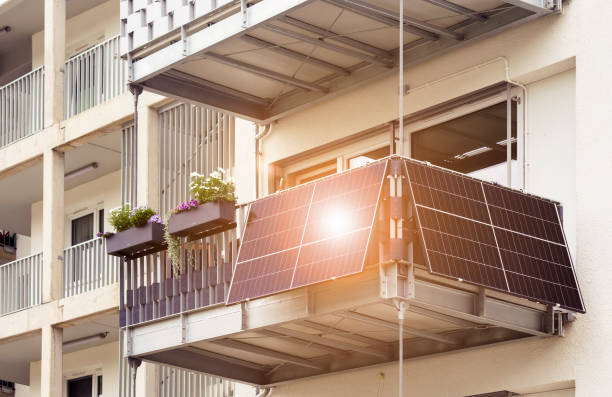Harnessing Solar Energy with Nickel-Cadmium Batteries

Renewable energy is at the forefront of the global push for sustainability, and the fusion of solar power with advanced energy storage technologies is revolutionizing the way we harness the sun’s energy. In this comprehensive guide, we’ll explore the innovative use of nickel-cadmium batteries in solar energy systems, understanding how they work, their recyclability, and the sustainable solutions they bring to the table.
How Nickel Cadmium Batteries Work
NiCd batteries operate through a reversible electrochemical reaction. When exposed to sunlight, the solar cells generate electrical energy, which is then stored in the NiCd batteries. This stored energy can be used when the demand for electricity is high or during non-sunlight hours.
Can NiCd batteries Be Recycled?
Sustainability is a key factor in evaluating the environmental impact of energy storage solutions. Additionally, NiCd batteries are recyclable, making them an eco-friendly choice for those concerned about the life cycle of their energy storage systems. Explore more about the recyclability of NiCd batteries and their contribution to a greener planet.
Also read: Are Solar Panels Recyclable?
Solar Energy Storage: The Power of Choices
Understanding the various types of solar batteries is crucial for making informed decisions about energy storage. Delve into the types of solar batteries available and explore their unique features and applications.
Choosing the Best Solar Batteries
Not all solar batteries are created equal. Discover the best solar batteries that align with your energy needs, whether for residential or commercial applications.
Lithium-Ion Solar Batteries: A Contemporary Alternative
Lithium-ion batteries have gained popularity in various applications, including solar energy storage. Consequently, uncovering the advantages and considerations of lithium-ion solar batteries and comparing them with NiCd batteries becomes essential to make an informed choice.
Pros and Cons of NiCd Batteries on Solar Energy
As is the case with any technological advancement, Nickel Cadmium (NiCd) batteries bring forth a distinctive array of advantages and challenges. It is crucial to embark on a detailed exploration of both the positive and negative facets of NiCd batteries. This approach ensures that we offer a thorough and comprehensive overview of these energy storage devices.
Pros:
- Long Cycle Life: NiCd batteries typically have a longer cycle life compared to other battery technologies, providing reliable and consistent performance over time.
- Wide Operating Temperature Range: NiCd batteries demonstrate their ability to operate in a broad temperature range, making them suitable for diverse climates and environments.
Cons:
- Cadmium Content: One of the significant concerns with NiCd batteries is the presence of cadmium, a toxic heavy metal. Proper disposal and recycling are essential to mitigate environmental impact.
- Memory Effect: Nickel-cadmium batteries can experience the memory effect, reducing their usable capacity over time.
Sustainable Energy Solutions: Embracing a Greener Future
Nickel-cadmium batteries in solar energy systems demonstrate a commitment to sustainability. They reduce dependence on conventional energy sources and minimize the carbon footprint in electricity generation.
The Importance of Professional Solar Installers
While the idea of harnessing solar energy with nickel-cadmium batteries is appealing, the execution requires technical expertise. Hiring professionals in the field ensures the seamless integration of solar energy systems and energy storage solutions. Solar installers bring valuable insights and experience to optimize the performance and efficiency of the entire setup.
Whether a homeowner embracing sustainable energy or a business reducing operational costs, solar installers provide invaluable expertise. Their knowledge extends beyond the mere installation of solar panels and includes the intricate details of energy storage systems.
Conclusion: A Brighter Tomorrow with Nickel Cadmium Batteries
In conclusion, solar energy combined with nickel-cadmium batteries marks a vital step toward a sustainable future. Understanding battery functionality, recyclability, and weighing pros and cons empowers informed choices for green energy adoption. By utilizing solar energy with nickel-cadmium batteries drives us towards a cleaner, more efficient future with a focus on sustainability.